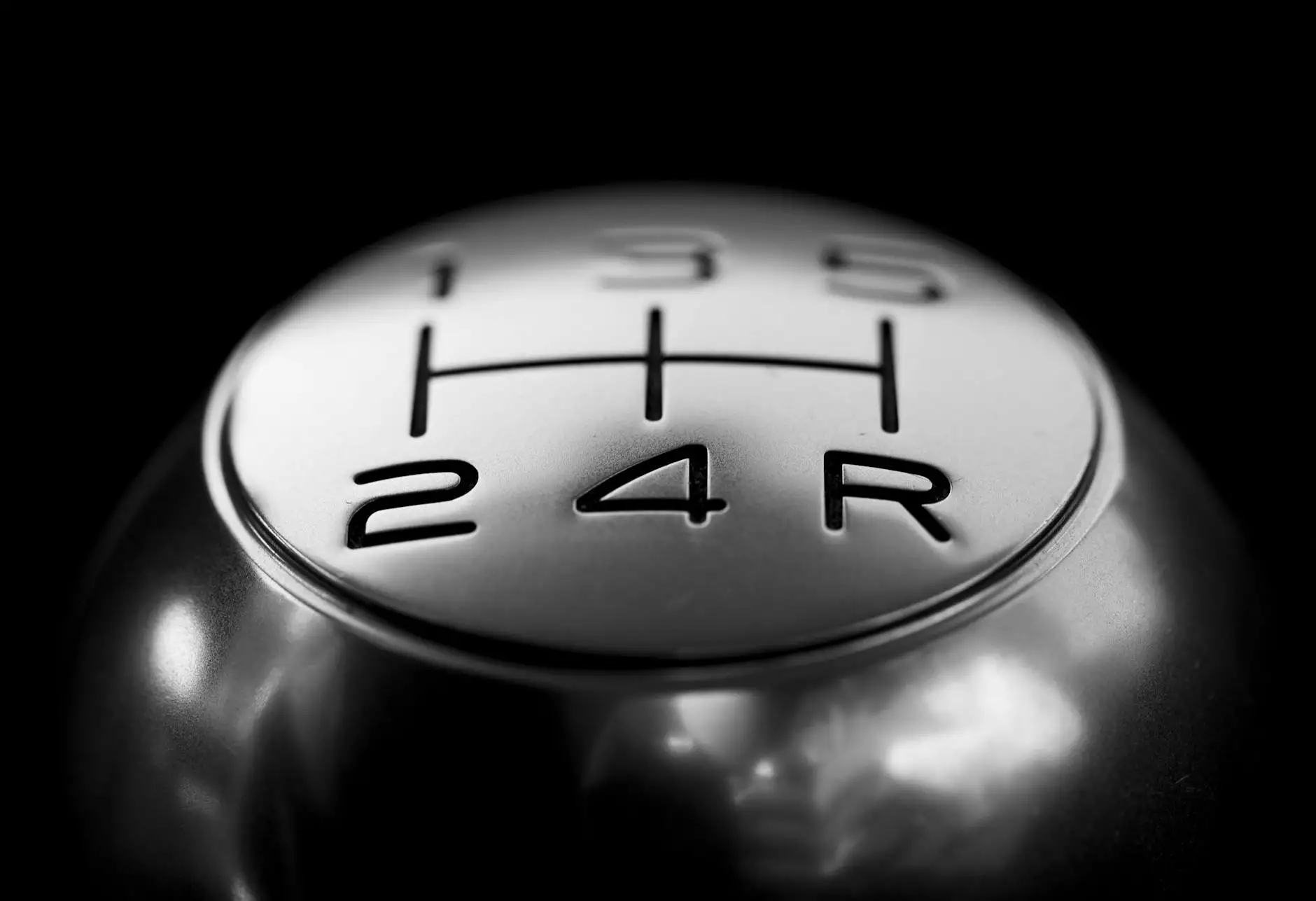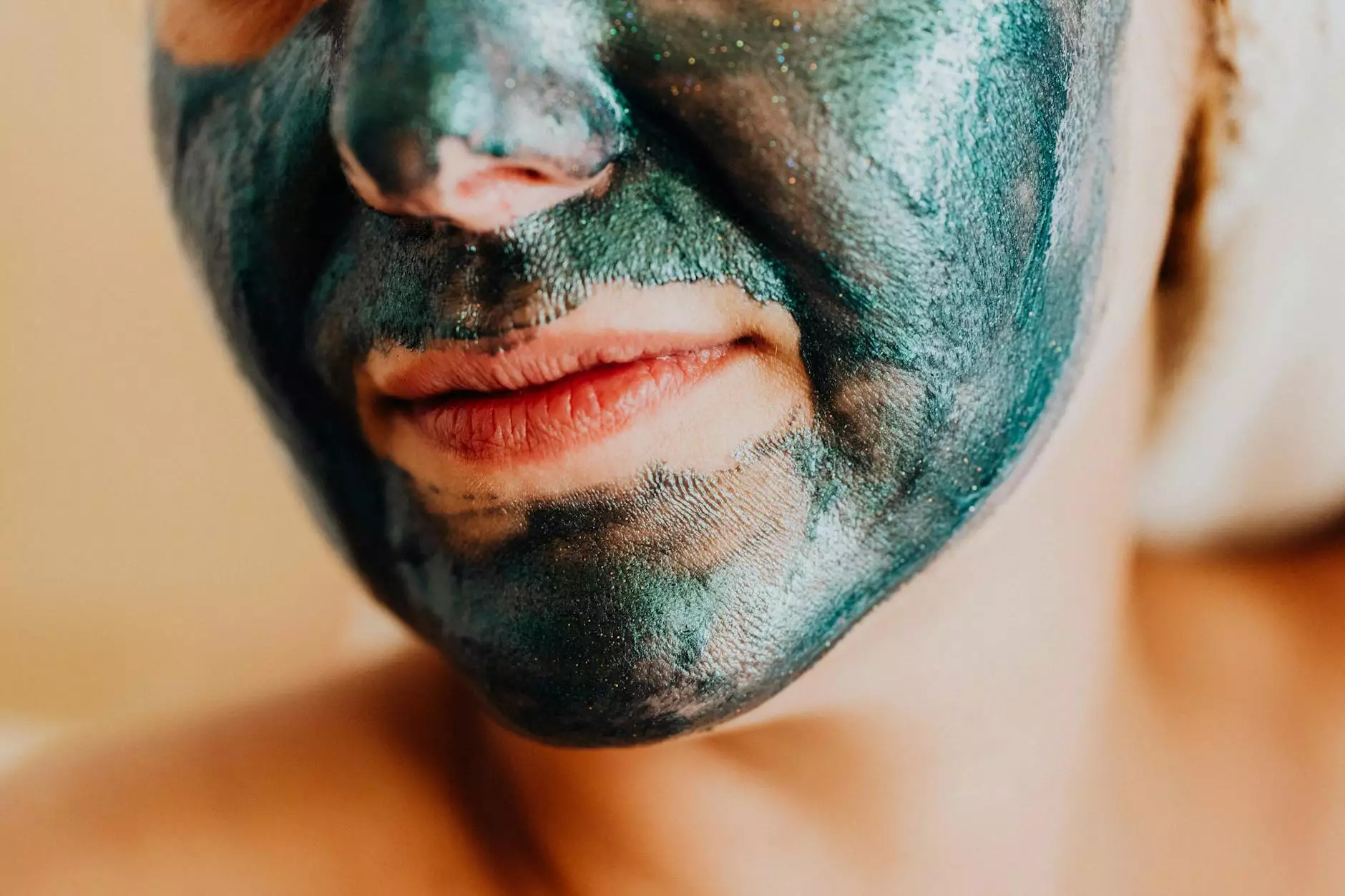Understanding the Importance of Horse Oral Care

Horse oral care is an often underestimated aspect of equine health that significantly contributes to the overall well-being of your horse. Just like humans, horses depend on their teeth for proper nutrition, and any issue within their oral cavity can lead to serious health complications. This article aims to provide you with comprehensive insights into horse oral care, covering aspects from daily practices to professional interventions, ensuring your beloved equines remain in peak health.
Why Is Horse Oral Care Crucial?
Maintaining optimal oral health in horses is more than just preventing bad breath; it involves ensuring that they can eat, chew, and digest their food properly. Here are some compelling reasons why horse oral care should be a priority:
- Preventing Dental Diseases: Horses can suffer from various dental issues such as cavities, infections, and periodontal disease if their teeth are not regularly checked and cared for.
- Ensuring Proper Nutrition: Horses rely on their teeth to grind and break down feed. Dental problems can prevent them from consuming enough food, leading to malnutrition.
- Mitigating Behavioral Issues: Pain caused by dental problems can lead to changes in behavior, including aggression, refusal to take the bit, or even behavioral proclivities such as head tossing.
- Promoting Longevity: Good oral health contributes to a longer, healthier life for your horse, allowing them to enjoy their time with you as long as possible.
Common Equine Dental Problems
Understanding the common dental issues that horses face can help you recognize the signs and seek timely intervention. Here are several prevalent conditions in equine dental health:
1. Wolf Teeth
These are small, vestigial teeth that may develop in young horses and can cause discomfort during bit placement. They often need to be extracted if they interfere with bitting.
2. Floating
This term refers to the process of filing down sharp edges on a horse’s teeth. Without regular floating, horses can develop painful points that can injure their gums and cheeks.
3. Tooth Loss
As horses age, they may lose teeth, which can lead to issues with eating. It's crucial to monitor their ability to graze and adjust their diet accordingly.
Signs Your Horse Needs Dental Care
Recognizing signs that your horse may require oral care can be crucial in preventing more severe issues. Look out for these symptoms:
- Difficulty Eating: If your horse is excessively dropping feed or seems to struggle with chewing, it might indicate dental problems.
- Bad Breath: While a slight smell might be normal, persistent foul breath can signal dental disease.
- Weight Loss: Inability to eat properly due to dental problems can lead to weight loss.
- Behavioral Changes: If your horse displays signs of aggression, head tossing, or general unease when being groomed near the mouth, it's worth investigating.
Daily Oral Care Practices
Incorporating a few daily practices into your routine can greatly enhance your horse's oral health:
Regular Inspection
Take the time to visually inspect your horse’s mouth at least once a week. Look for signs of wear, irritation, or any abnormalities in the gums and teeth.
Dental Treats
Special dental treats, designed for horses, can aid in cleaning teeth and massaging gums, contributing to overall oral hygiene.
Diet Management
Providing a balanced diet that includes fibrous hay can naturally help in wearing down teeth and preventing sharp edges.
When to Consult a Veterinarian
While there are many oral health routines you can establish at home, nothing replaces the expertise of a professional veterinarian or equine dentist. Here’s when you should reach out:
- When your horse shows signs of persistent pain or discomfort.
- If you observe sudden behavioral changes related to eating or handling the mouth.
- After your horse reaches the age of five, a professional dental check once a year is essential to monitor for common issues.
The Role of Regular Dental Check-Ups
Scheduling regular check-ups with an equine dentist is vital for maintaining your horse's dental health. Here’s what you can expect:
Comprehensive Oral Examination
A professional will conduct a thorough examination of your horse’s oral cavity, checking for any abnormalities, broken teeth, or signs of disease.
Floating of Teeth
As mentioned earlier, floating teeth will often be performed during a dental examination to ensure sharp edges do not cause problems.
Dental X-rays
In some cases, your veterinarian may recommend X-rays to get an in-depth look at the health of your horse's teeth and roots, particularly if they suspect more serious issues.
Implementing Advanced Oral Health Techniques
As technology evolves, so does the approach to maintaining horse dental health. Consider these advanced techniques:
- Endoscopy: This method allows veterinarians to visualize the mouth and teeth in-depth, helping diagnose issues that may not be visible to the naked eye.
- Digital Radiography: Provides high-quality images of deeper dental structures, enabling the identification of conditions that might require surgical intervention.
Conclusion
Providing proper horse oral care is an essential duty for any horse owner and plays a critical role in maintaining the overall health of your cherished equine companions. By recognizing the signs of dental problems, implementing daily care routines, and ensuring regular veterinary check-ups, you can contribute significantly to your horse’s quality of life. Emphasizing oral health not only supports their feeding behaviors but also promotes happiness, longevity, and a fulfilling life alongside you.
For more information on horse oral care and related products, visit racehorsemedcare.com, your trusted source for equine health.









